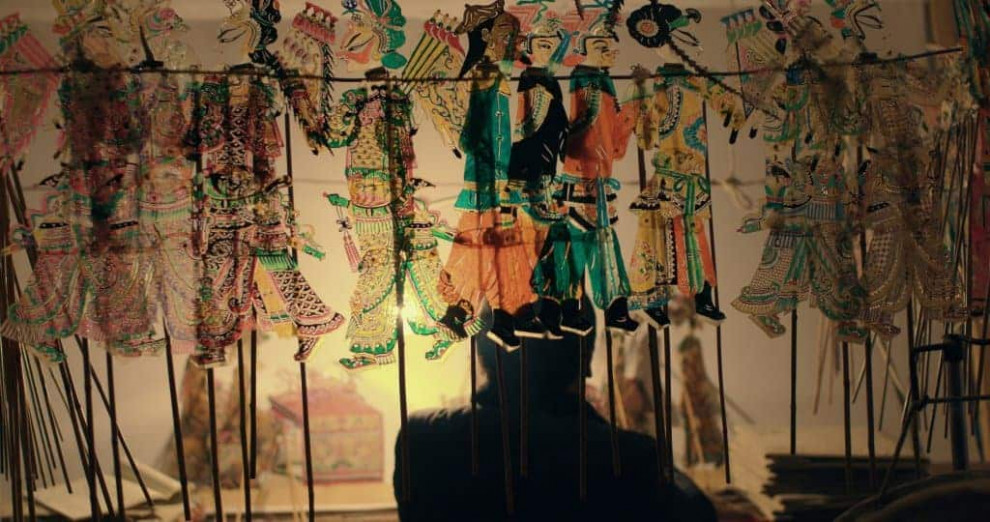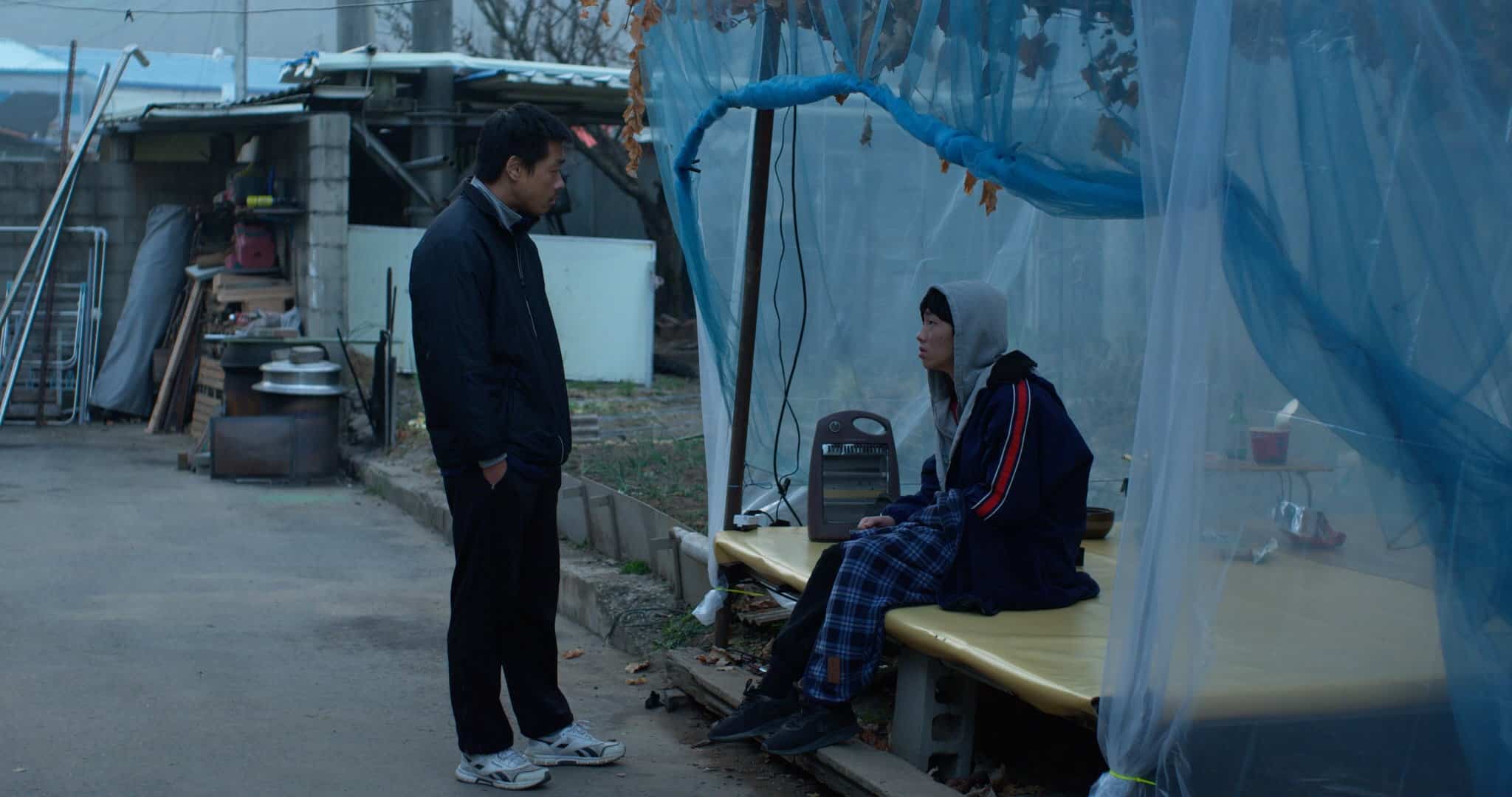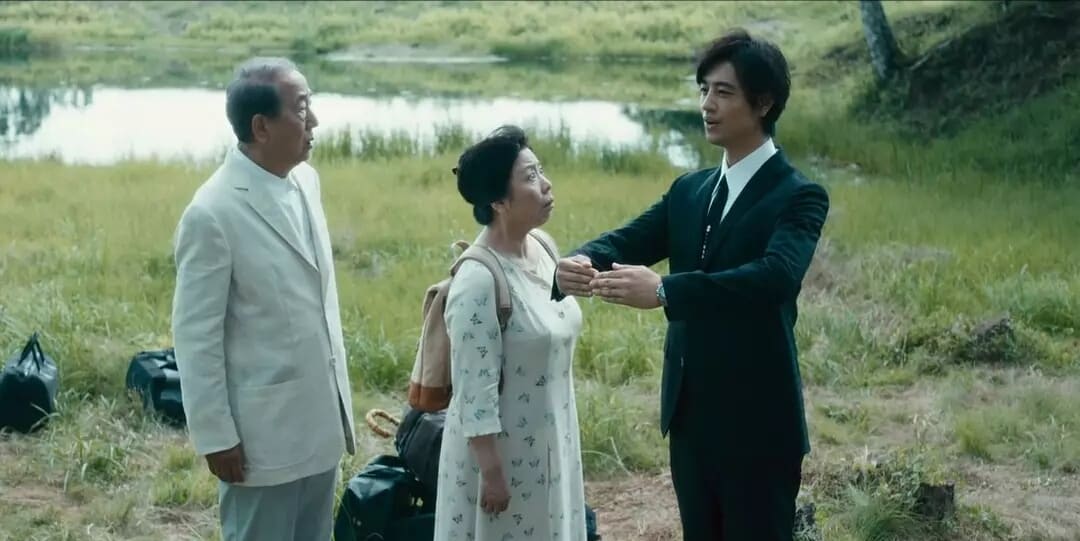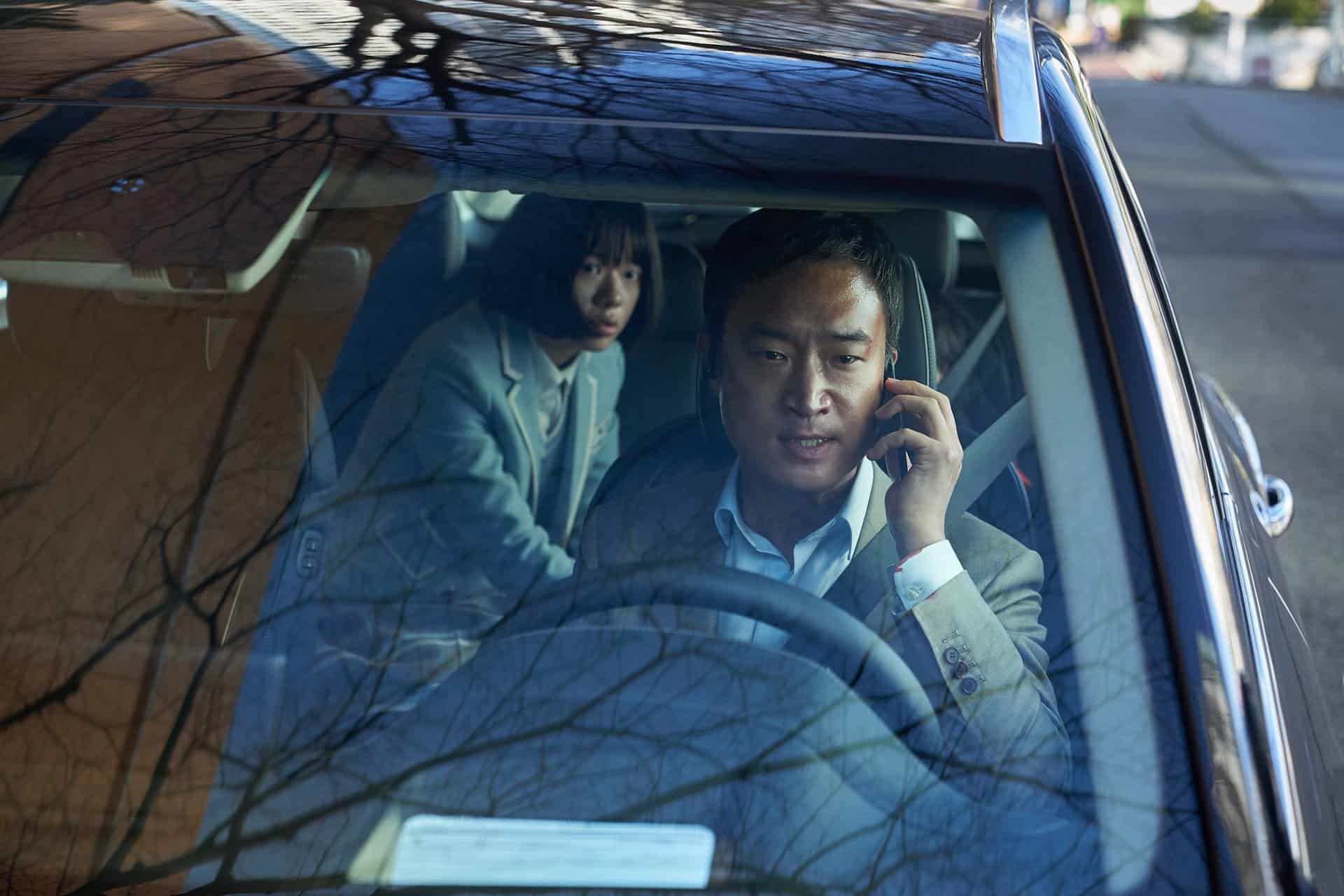After a Chinese release in June 2019, “The River in Me” will know its European Premiere at The Cinemasia Film Festival (in Amsterdam). Besides its content, the documentary is interesting because it was made by a trio of men. In addition to being filmmakers, Mr. Ke recently graduated in journalism and communications, Mr. Yuan is currently pursuing a Ph.D. in journalism and communications, and Mr. He is an anthropologist. Because it sounds melodic to my non-musician ears, I will refer to them as The HeYangKe Triplet.
“The River in Me” is screening at Cinemasia Film Festival

In the documentary, we come across various artists.
Su Yang is the connector to all the other individuals' stories. The man, 40-something, is an acclaimed singer, who manages to create a unique sound, between Western and traditional Chinese folk music. The singer explains: “Unlike Western music, the rhythm of Chinese music is not strictly metric. Rhythm follows the breaths and groove of the language”. It is that specific folk music that is at the center of HeYangKe Triplet's project.
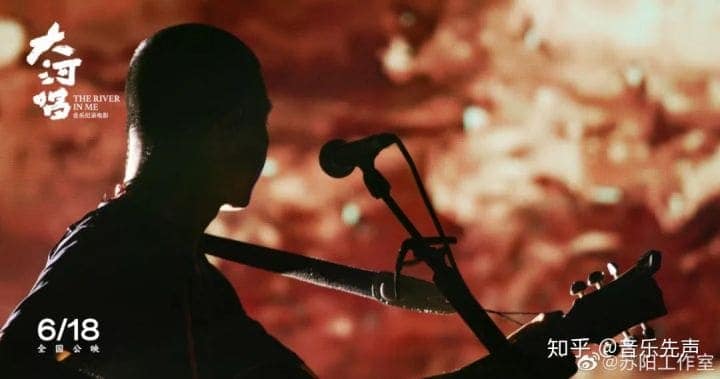
Because the documentary explores Chinese folk music, the viewers get to meet Ma Fengshan, a traditional singer evolving in a Muslim community. We cross paths with Wei Zongfu, a shadow puppeteer who worries his art is going extinct. We get to meet the 60-years old sanxian player, folk singer and storyteller, Liu Shikai. The man is getting older and evolves in his remote village. He has a master-student relationship with Su. Finally, the audience visually meets the head of a local Qingqiang Opera Troupe, Zhang Jinlai.
How all these stories intersect and connect is quite fascinating. Although we wish we would see more of everyone – especially because they are all so touching and dedicated – the editing makes sense and gives the documentary a consistent flowing rhythm, just like the music in the film. Of course, exploring Ma's stories in depth would have given nuance and background for people who are not familiar with the Chinese ethnic groups (like I am). Focusing on the Qinqiang troupe would have been extremely entertaining (I am actually hoping for a comedy-drama based on the troupe. And for an unscripted TV show called ‘Folk-Music Battles'. Just pitching ideas here). But all of this would also have been off tracks.

Besides breathtaking scenery scenes, the documentary allows touching upon various issues: loneliness, aging communities, rural exodus, disappearance and evolution of traditions, artist life. Of course, it is an interesting observation of the(male-dominated?) Chinese folk music. But not only. “The River in Me” focuses on extraordinary and skilled human beings, and uses it to explore and reflect on social issues.
In conclusion, “The River in Me” is worth watching, as much for its smooth and rhythmic form, as for its interesting and touching content.


